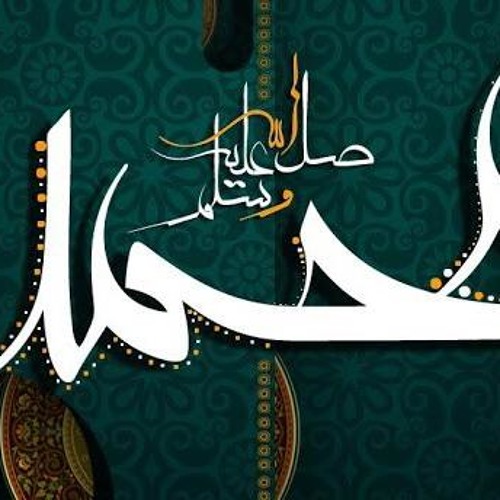
With that release and subsequent ones, he dropped the surname "Islam" from the album cover art – using the stage name Yusuf as a mononym.

In 2006, he returned to pop music – releasing his first album of new pop songs in 28 years, titled An Other Cup.

He has received two honorary doctorates and awards for promoting peace from two organisations founded by Mikhail Gorbachev. He was embroiled in a long-running controversy regarding comments he made in 1989 about the death fatwa on author Salman Rushdie. In 1979, he auctioned all his guitars for charity and left his music career to devote himself to educational and philanthropic causes in the Muslim community. In December 1977, Stevens converted to Islam, and he adopted the name Yusuf Islam the following year. In 2007 he received the British Academy's Ivor Novello Award for Outstanding Song Collection. His other hit songs include " Father and Son", " Wild World", " Peace Train", " Moonshadow", and " Morning Has Broken". He earned two ASCAP songwriting awards in 20 for " The First Cut Is the Deepest", and the song has been a hit for four different artists. His 1972 album Catch Bull at Four spent three weeks at number one on the Billboard 200, and fifteen weeks at number one in the Australian ARIA Charts. His musical style consists of folk, pop, rock, and Islamic music. His albums Tea for the Tillerman (1970) and Teaser and the Firecat (1971) were both certified triple platinum in the US by the RIAA. His 1967 debut album reached the top 10 in the UK, and the album's title song " Matthew and Son" charted at number 2 on the UK Singles Chart.


Yusuf Islam (born Steven Demetre Georgiou, Template:Nowrap), commonly known by his former stage name Cat Stevens, is a British singer-songwriter and multi-instrumentalist. Template:Refimprove Template:EngvarB Template:Use dmy dates Template:Infobox musical artist


 0 kommentar(er)
0 kommentar(er)
